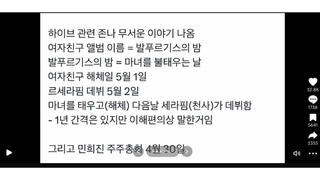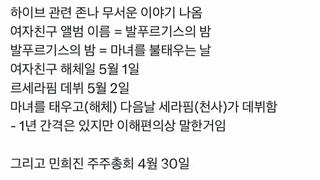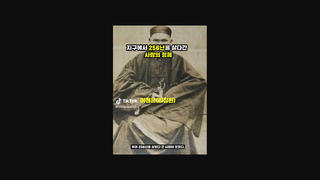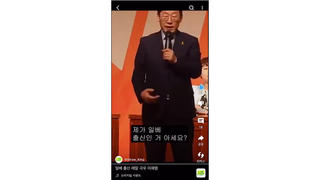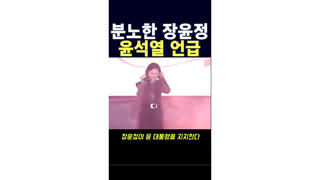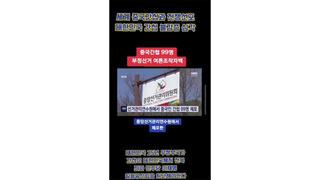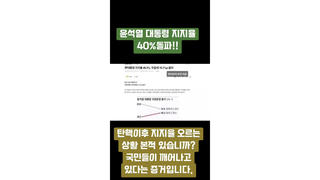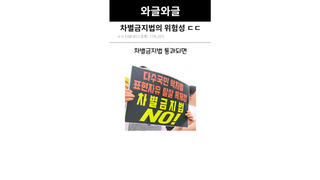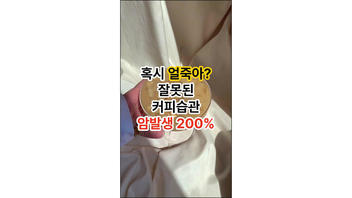
Can bad coffee habits increase the risk of cancer by 200 percent? No, that's not true: The International Agency for Research on Cancer (IARC) and the World Health Organization (WHO) stated coffee was not classified as carcinogenic to humans, and no evidence was found that consuming coffee in certain ways could lead to such an increase in the risk of developing cancer.
The claim appeared in a TikTok video (archived here) published by @doorootv on March 26, 2024. The caption reads, (as translated from Korean to English by Lead Stories staff):
Do you happen to drink iced Americano?
Wrong coffee habits that increase the risk of cancer by 200%.
This is what the post looked like on TikTok at the time of writing:
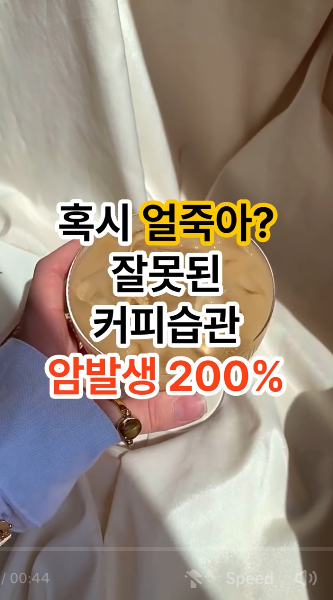
(Source: TikTok screenshot taken on Wed Mar 27 14:58:18 2024 UTC)
The video states that people should not drink iced Americano coffee on an empty stomach in the morning, as cold drinks on an empty stomach constrict blood vessels. The video also states the second bad habit of drinking coffee is drinking hot coffee out of a paper cup, as the boiling temperature causes the release of microplastics, which can accelerate cancer cell growth.
Donga News (archived here) reported an increasing trend in Korea, where people tend to prefer iced coffee even when temperatures outside are freezing cold, with the corresponding term in Korean, "얼어 죽어도 아이스커피," becoming more and more popular as, according to the article, the number of people who preferred cold coffee over hot coffee was gradually increasing in the country. The shortened term, "얼죽아," an acronym which could be translated as "FIC," from "Freezing-to-death Iced Coffee," also appears in the above TikTok video.
In an article published by Health Chosun (archived here), medical experts confirmed excessive ingestion of cold beverages in the winter can reduce gastrointestinal function and (temporarily) constrict blood vessels.
CNBC (archived here) also reported coffee could cause cancer "only if it is very hot," as scientific evidence suggests any hot beverages, including coffee, water, and tea, can increase the risk of esophageal cancer. A study (archived here) published in the Journal of Hazardous Materials on January 5, 2023, found that microplastics from disposable drink cups are ingested by humans and pose a health threat.
While both statements in the TikTok video are correct in terms of general beverage consumption habits, coffee in itself is not considered carcinogenic. An article from the Harvard T.H. Chan School of Public Health (archived here) said that the WHO initially classified coffee as possibly carcinogenic in 1991, but this classification was acquitted in 2016.
The IARC posted a press release in 2016 (archived here) stating that "there is no conclusive evidence for a carcinogenic effect of drinking coffee," but very hot beverages, in general, were classified as "probably carcinogenic to humans," based on limited evidence from epidemiological studies. Studies, including from the American Cancer Society, (archived here) have suggested any hot beverages (archived here) above 65 degrees Celsius may increase the risk of esophageal cancer.
A Google Scholar search (archived here) for the following keywords: "200%, cancer, increase, coffee" performed by Lead Stories on March 28, 2024, did not give any result that could corroborate the claim of a 200% increase of the risk of developing cancer when consuming coffee in specific ways.
According to a study published in the International Journal Of Molecular Sciences (archived here) online on January 31, 2023, higher coffee consumption is instead associated with decreased rates of mortality and neurological and metabolic diseases.


